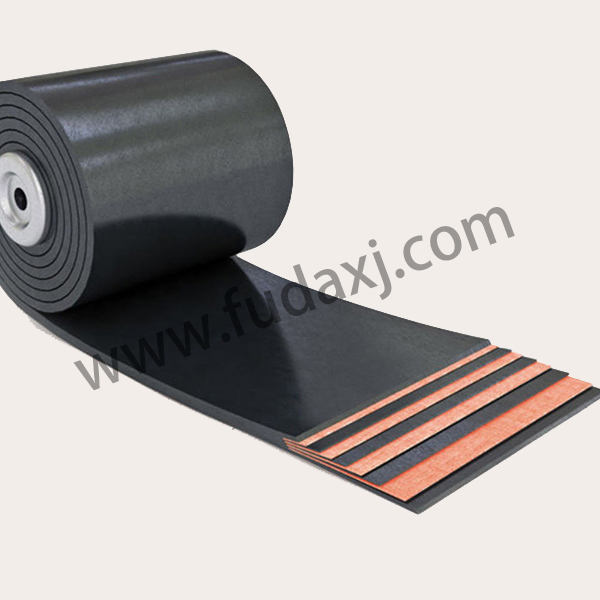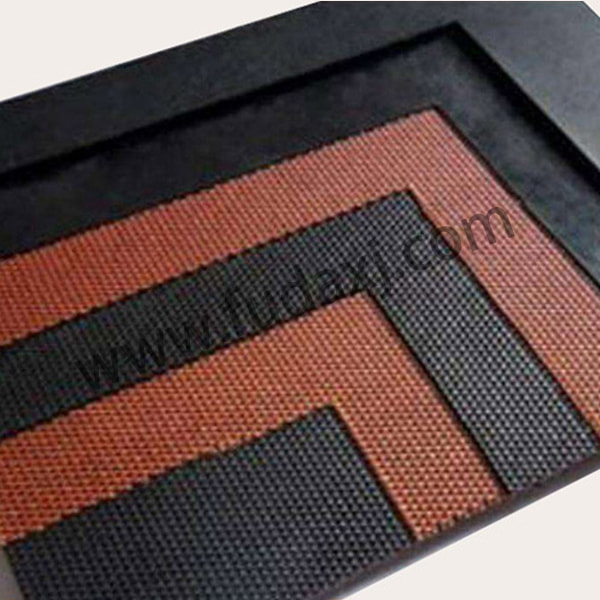
Sale Custom Conveyor Belt Manufacturer Exporter Supplier
China's rapid industrial growth has been significantly supported by the widespread application of conveyor belts. These systems are not just a component of the machinery; they are the lifelines of manufacturing and logistics operations, ensuring the seamless flow of materials and products.
Conveyor belts are known for their adaptability. They can be customized to suit a variety of materials, from lightweight items to heavy bulk goods. This flexibility has made them a staple in numerous industries, including mining, agriculture, food processing, and automotive manufacturing.
One of the primary advantages of conveyor belts is their ability to streamline production processes. By automating the transportation of materials, these belts reduce the need for manual labor, thereby increasing efficiency and reducing the potential for human error. In China, where manufacturing output is a key economic driver, the implementation of conveyor belts has been instrumental in maintaining high production standards.
Safety is a critical consideration in any industrial setting. Conveyor belts are designed with safety features that minimize the risk of accidents. Their predictable movement patterns and controlled speeds contribute to a safer working environment. Moreover, the reliability of conveyor belts is a testament to their robust construction and the quality of materials used in their production.
As China moves towards a more sustainable industrial future, the environmental impact of manufacturing processes is under scrutiny. Conveyor belts, being a more efficient mode of transportation, contribute to reducing energy consumption and carbon emissions. Additionally, the materials used in modern conveyor belts are often recyclable, aligning with the country's environmental goals.
The integration of technology into conveyor belts has opened up new possibilities for automation and data collection. Sensors and monitoring systems can now be embedded within the belts to track the flow of materials, providing valuable data for process optimization. This technological integration is a reflection of China's commitment to innovation in its industrial practices.
The ability to customize conveyor belts according to specific industry needs is another factor contributing to their popularity. Whether it's the need for heat resistance in a foundry or the requirement for a non-slip surface in a food processing plant, conveyor belts can be tailored to meet these demands. This customization also extends to scalability, allowing businesses to expand their operations without the need for a complete overhaul of their transportation systems.
The economic benefits of conveyor belts are manifold. They contribute to cost savings by reducing labor and energy expenses. Moreover, the increased efficiency and productivity that conveyor belts bring to the table canhigher output and, consequently, greater profitability for businesses.
As the use of conveyor belts becomes more prevalent, there is a growing need for skilled workers who can operate, maintain, and troubleshoot these systems. This has led to the development of training programs that focus on the technical skills required to work with conveyor belts, further enhancing the workforce in China's industrial sector.
Conveyor belts are a testament to the ingenuity of industrial design, offering a practical solution to the complex challenges of material transportation. In China, their adoption has been a key factor in the country's industrial success, contributing to efficiency, safety, and economic growth.
 English
English 简体中文
简体中文 Español
Español عرب
عرب
 English
English





 Fax: 0086-576-83019528
Fax: 0086-576-83019528